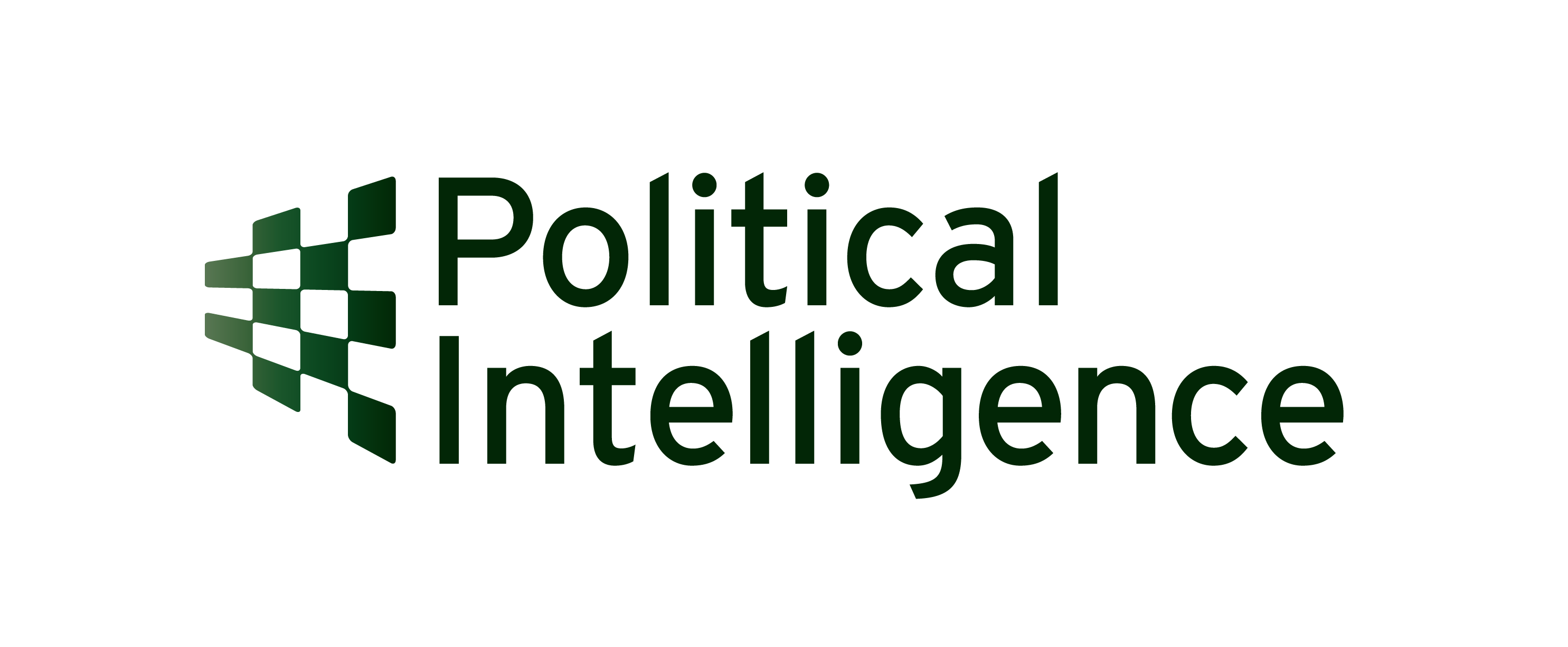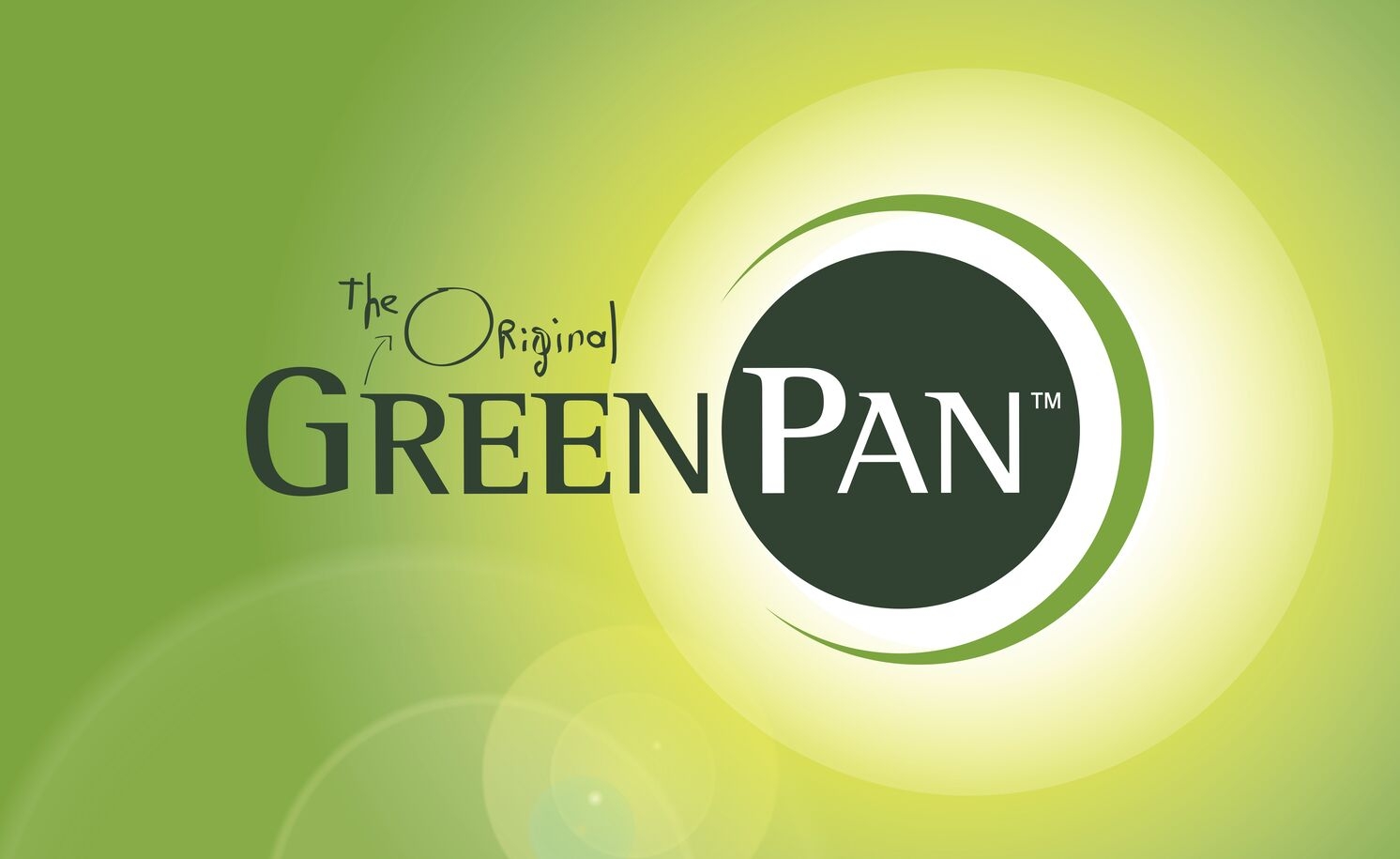Own immune cells make chemotherapy in triple-negative breast cancer sometimes unnecessary

In Belgium, nearly 11,000 women are diagnosed with breast cancer each year. Most of these breast cancers are hormone-sensitive, but a minority, about 15%, are not. These are the triple-negative breast cancers, they often grow faster and also metastasize faster compared to hormone-sensitive breast cancers. For this reason, triple-negative breast cancers are called more aggressive. Treatment usually consists of surgery, radiation, chemotherapy and immunotherapy. Of all treatments, chemotherapy is often the toughest, because of side effects, including hair loss, nausea, vomiting, fatigue ... Therefore, it is important to treat only those women who really benefit from chemotherapy. For triple-negative breast cancer detected early, chemotherapy is always considered, but not always given. For a very early stage 1 cancer diagnosed very early, with no involvement of glands in the axilla and no metastases elsewhere in the body, it is not always necessary, but it remains a very difficult decision, because chemotherapy can prevent relapse in the longer term. Triple-negative breast cancers are insensitive to hormones, so hormone therapy makes no sense at all. The year-long hormone therapy that persons with hormone-sensitive breast cancer receive as post-treatment serves to prevent relapse.
New research
An international group of researchers, including physician-researcher Roberto Salgado of Antwerp, has found that own immune cells, or immune cells, play a crucial role in the risk of relapse in triple-negative breast cancer. The group collected medical data from 1,966 women, average age 56, with early-detected triple-negative breast cancer (stage 1 and no affected lymph nodes) who had not received chemotherapy, but only surgery and radiation. Of all these women, we had accurate data of the breast cancer tissue removed. That tissue always goes to the lab after surgery where it is studied under the microscope. This examination is important to gather information about the exact type of breast cancer. During this microscopic examination, it was noticed that breast cancer tissue sometimes contains many immune cells and sometimes few. The significance of this was investigated further. What emerged? For the women with many immune cells in the breast cancer tissue, the risk of relapse after 5 years of follow-up was clearly much lower compared to women with few immune cells in the excised tissue: more than 90% versus 72%. From this, the researchers conclude that for women with early-stage triple-negative breast cancer, in which many immune cells are found in the excised breast cancer tissue, one can decide with a clear conscience that chemotherapy is not necessary because survival is very high. In about 1 in 4 women with triple-negative breast cancer, the immune system produces many immune cells against the cancer. For them, no additional chemotherapy is needed.
*Leon-Ferre RA, Jonas SF, Salgado R, et al. Tumor-Infiltrating Lymphocytes in Triple-Negative Breast Cancer.JAMA.2024;331(13):1135–1144. doi:10.1001/jama.2024.3056
Continue reading

Veerle's husband had breast cancer

Rare Disease Day: 'Our medication has only been tested on women'


.png)












.png)
















